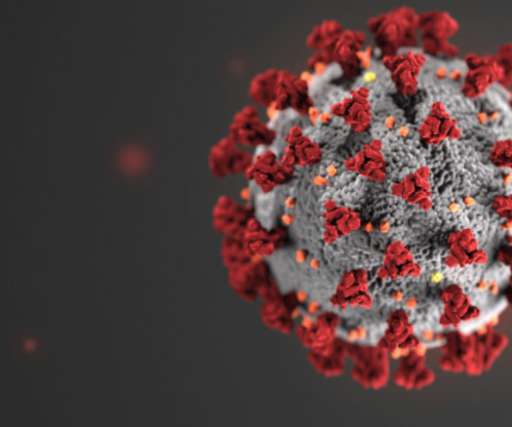The Role of Compliance Officers in Healthcare Organizations: Challenges and Responsibilities
American Medical Compliance
FEBRUARY 9, 2024
It is not just about following rules but about maintaining the highest standards of patient care and ethical behavior. Healthcare organizations must comply with many regulations, including the Health Insurance Portability and Accountability Act (HIPAA) , the Affordable Care Act (ACA), and various state-specific regulations.











Let's personalize your content